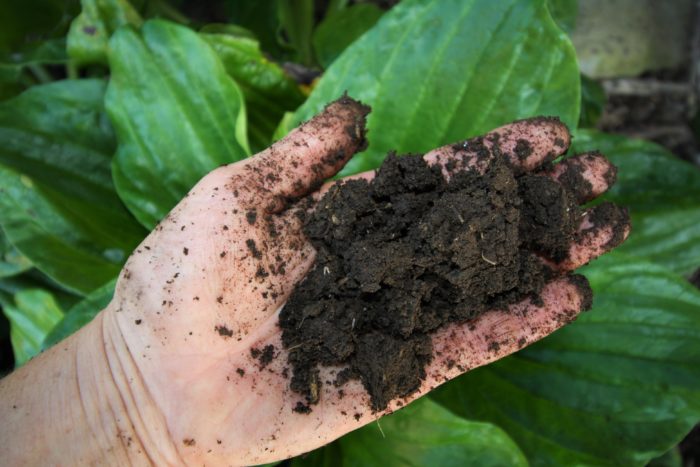
soil moisture.jpg

Soil Moisture
Soil moisture refers to the water content present in the soil, crucial for plant growth, nutrient uptake, and soil microbial activity. Understanding soil moisture levels is essential for optimizing agricultural practices and maximizing crop productivity.
Definition:
Soil moisture represents the amount of water held within the soil pores, including capillary water, gravitational water, and hygroscopic water, which collectively influence soil physical properties and plant-water relationships.
Fall off the barn roof and busted your keister? Life on the farm or ranch can be tough on the bum. Need a break? Laugh it off at FarmerCowboy.com, the #1 farm humor site. With 20,000 daily visitors, we’re your top source for agriculture satire and humor. Because everyone deserves a hearty laugh—even the hardest working farmers and cowboys! Join us and turn those long days into fun tales at FarmerCowboy.com.
Factors Influencing Soil Moisture:
- Precipitation: Rainfall and snowmelt contribute to soil moisture replenishment, affecting water availability for plant uptake and soil saturation levels.
- Temperature: Soil temperature influences evaporation rates and water movement within the soil profile, affecting soil moisture content.
- Soil Texture: Soil texture, characterized by the proportions of sand, silt, and clay particles, influences water retention capacity and drainage rates, impacting soil moisture levels.
- Topography: Slope gradient and aspect influence water runoff and infiltration rates, affecting soil moisture distribution across landscapes.
- Vegetation Cover: Plant canopy interception and transpiration affect soil moisture dynamics by regulating water loss from the soil surface and root water uptake.
Importance of Soil Moisture:
- Plant Growth: Adequate soil moisture is essential for seed germination, root growth, nutrient uptake, and overall plant health and productivity.
- Water Management: Monitoring soil moisture levels helps optimize irrigation scheduling, prevent waterlogging or drought stress, and conserve water resources.
- Soil Health: Optimal soil moisture levels support microbial activity, organic matter decomposition, and nutrient cycling, enhancing soil fertility and structure.
- Erosion Control: Maintaining proper soil moisture levels reduces erosion risk by stabilizing soil aggregates and promoting vegetation establishment.
- Climate Resilience: Understanding soil moisture dynamics aids in predicting droughts, floods, and other extreme weather events, enabling proactive adaptation strategies.
Measurement and Monitoring:
- Soil Moisture Sensors: Probes and sensors measure soil moisture at various depths, providing real-time data for irrigation management and research purposes.
- Gravimetric Method: Soil samples are weighed before and after drying to determine moisture content, offering accurate measurements for research and laboratory analysis.
- Remote Sensing: Satellite imagery and aerial surveys detect soil moisture patterns across large geographic areas, facilitating spatial analysis and drought monitoring efforts.
References:
- United States Department of Agriculture. (n.d.). Soil Moisture. Retrieved from https://www.nrcs.usda.gov/wps/portal/nrcs/detail/national/soils/health/moisture/
- Food and Agriculture Organization of the United Nations. (2012). Soil Moisture Measurement for Ecological and Hydrological Watershed-Scale Monitoring. Retrieved from http://www.fao.org/3/a-at919e.pdf
- University of California Agriculture and Natural Resources. (n.d.). Soil Moisture Management. Retrieved from https://ucanr.edu/sites/soilmoisture/
Originally posted 2022-01-18 20:12:23.
Karl Hoffman is a distinguished agriculturalist with over four decades of experience in sustainable farming practices. He holds a Ph.D. in Agronomy from Cornell University and has made significant contributions as a professor at Iowa State University. Hoffman’s groundbreaking research on integrated pest management and soil health has revolutionized modern agriculture. As a respected farm journalist, his column “Field Notes with Karl Hoffman” and his blog “The Modern Farmer” provide insightful, practical advice to a global audience. Hoffman’s work with the USDA and the United Nations FAO has enhanced food security worldwide. His awards include the USDA’s Distinguished Service Award and the World Food Prize, reflecting his profound impact on agriculture and sustainability.


